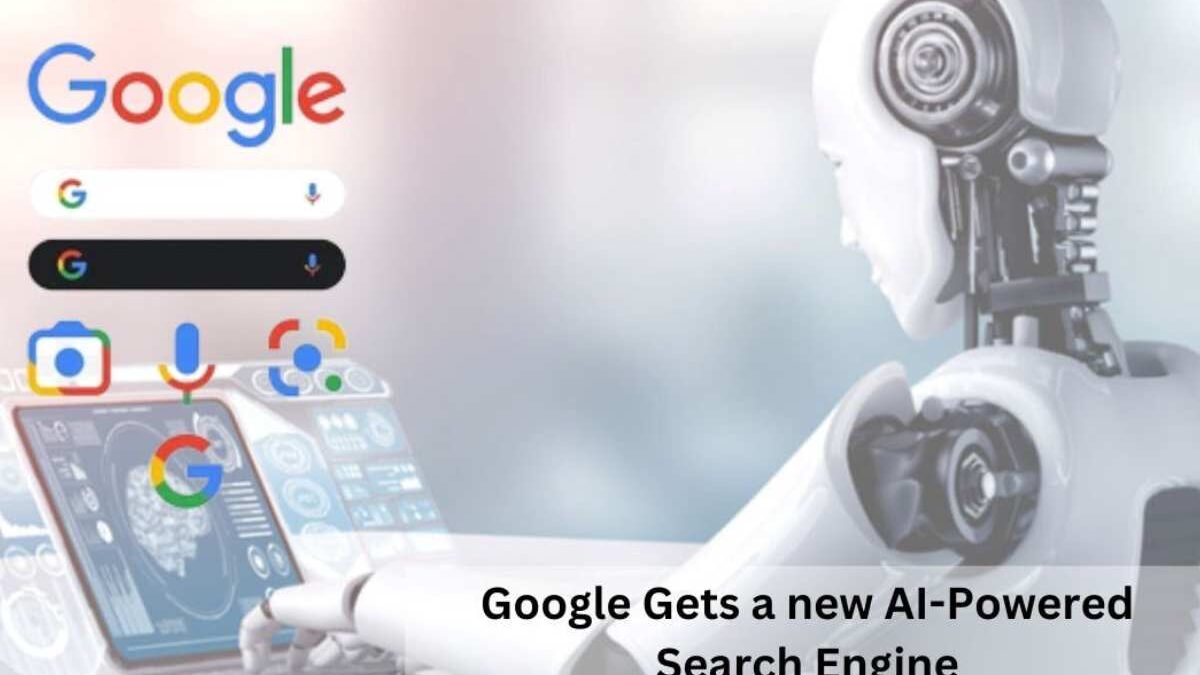Google AI, also called Google Artificial Intelligence, is a research and development branch for different applications. It focuses on research projects that will promote the development of artificial intelligence technology and features in various ways that will turn into Google products. Some of the examples are Google Translate, Google Docs, and Assistant Google Docs.
Google Artificial Intelligence has different research areas, including robotics, computer vision, machine learning, and neural networks. They conduct in-house research into Artificial Intelligence and use data to develop systems that recognize patterns, make assumptions, and generate original content.
Google AI will get the data from user interactions and collect different data types for search engines and additional services like location used in Google Maps. The collected data is then cleaned and processed for analysis. Other algorithms like machine learning are used to analyze data sets and get important information for further processing. With the help of machine learning algorithms, the collected data will be more accurate.
Google AI is the research division of Google that will offer open-source products and various services. And most of these products and services use artificial intelligence. The entire production of Google uses this artificial intelligence technology.
Many professionals can have access to the Google AI tools and technologies that are present on Google’s website. So, people interested in artificial intelligence learning can access Google AI data sets and use these services to build their products or services.
The goal of this AI is to bring benefits to everyone around the world. It also aims to organize global data and help people access open source. They are also collaborating with research teams and academics, making these tools and technologies for different advantages.
Google AI is used in different fields, such as energy consumption, online research, quantum computing, Schools, healthcare, self-driving cars.

